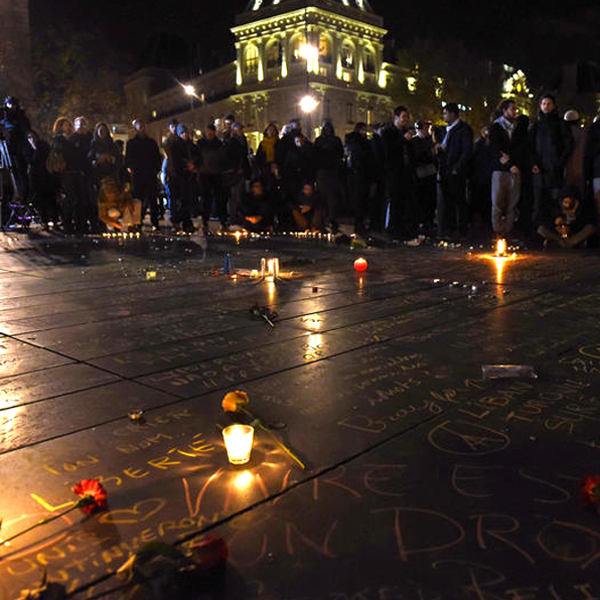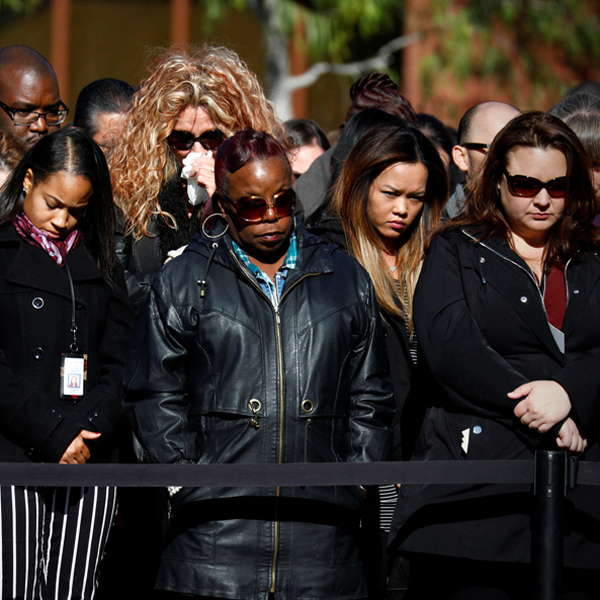Introduction
For many of us, the world isn’t what it was just a few short years ago. Endless war, terrorism, the refugee crisis, rampant inequality and corruption, assaults on civil and workers’ rights, and the myriads of problems contributing to climate change, along with the growth of ultra-nationalism, xenophobia, and hate groups, have together shattered a sense of order many of us felt until recently.
For others, the changes in their social and economic lives haven’t just lost its order, it has actually gotten much worse. This has been especially true for many low income and minority groups, where things have only gotten worse, sometimes much worse.

Social despair and collective trauma are affecting many of us today. And it is causing us to lose our ability to connect to those closest to us and to be meaningfully socially engaged.

The abrupt tearing of the social fabric and shared worldview that have bound us together has been traumatic for many of us. And the ongoing nature of the turmoil, for those who have experienced it for a long time already, and those of us getting accustomed to the world around as it is today, leads many of us to despair. We can do something about our trauma and despair, both personally and collectively. Working with them and doing what we can to move through them will help us make better decisions personally and collectively.
 I believe that, together, meaningful connection to others and social engagement are the most effective ways to heal from social despair and collective trauma. I also believe that being meaningfully connected to others is the new key to our being resilient in today’s world.
I believe that, together, meaningful connection to others and social engagement are the most effective ways to heal from social despair and collective trauma. I also believe that being meaningfully connected to others is the new key to our being resilient in today’s world.
I want to help you identify social despair and collective trauma and its effects on you, propose various actions you can take to respond to them, and offer a simple framework for a personal or group process to help you move through these emotions so you can more quickly come to a full engagement with life—that is, able to manage these troubling emotions without either withdrawing into passive numbness or reacting in divisive anger and blame.